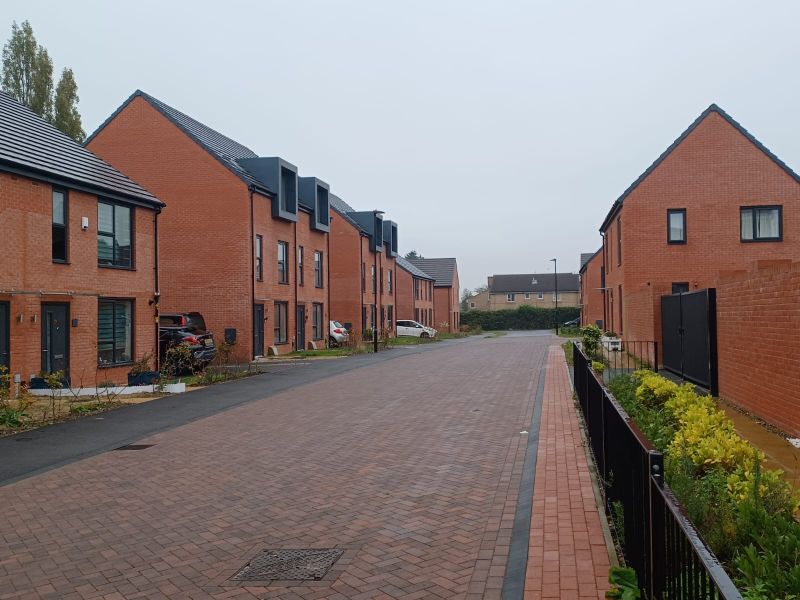In 2010-2019 average annual global greenhouse gas emissions were at their highest levels in human history, but the rate of growth has slowed.
Without immediate and deep emissions reductions across all sectors, limiting global warming to 1.5°C is beyond reach. However, there is increasing evidence of climate action, said scientists in the latest Intergovernmental Panel on Climate Change (IPCC) report released today.
Since 2010, there have been sustained decreases of up to 85% in the costs of solar and wind energy, and batteries. An increasing range of policies and laws have enhanced energy efficiency, reduced rates of deforestation and accelerated the deployment of renewable energy.

“We are at a crossroads. The decisions we make now can secure a liveable future. We have the tools and know-how required to limit warming,” said IPCC Chair Hoesung Lee. “I am encouraged by climate action being taken in many countries. There are policies, regulations and market instruments that are proving effective.
“If these are scaled up and applied more widely and equitably, they can support deep emissions reductions and stimulate innovation.”
UKGBC’s Chief Executive Officer, Julie Hirigoyen, said the IPCC’s message is clear - unless we act now to fix broken climate promises, limiting global warming to 1.5C is simply beyond our reach.
“Our buildings and cities have yet again been singled out by climate scientists as one of the areas contributing most adversely to this stark reality,” she continued. “Failure to drive ambitious retrofit politics compounded by poorly designed new buildings ‘locking in carbon for future generations’, as well as slow efforts to decarbonise energy supplies, are all cited by the IPCC as putting us on track for a climate disaster.
“The good news is our built environment offers significant opportunities to not only mitigate climate change and slash emissions, but to simultaneously achieving other environmental, social and economic targets enshrined by the Sustainable Development Goals. Many of the solutions already exist – as clearly noted by the IPCC – but what is missing is the political ambition and financial incentives needed to make this happen at scale. Half measures will not halve our emissions, and the UK is no exception to this.
“Ahead of his forthcoming ‘Energy Independence Strategy’, Boris Johnson must heed the IPCC’s clear warnings that fossil fuels have no place in our future energy system, whilst energy efficiency improvements and energy demand reduction must be turbo-charged. With energy usage in homes alone representing 16% of total UK emissions, the upcoming energy strategy is a golden opportunity to make significant emissions reductions whilst tackling some of the most pressing issues facing the nation. Reducing our dependence on gas imports, ensuring bills are kept affordable, as well as achieving the Prime Minister’s vision of a ‘levelled up’ Britain are just three of the no-regrets benefits of prioritising domestic energy efficiency in his strategy.”




















